Locarno Film Festival: where dreams collide with artificial intelligence
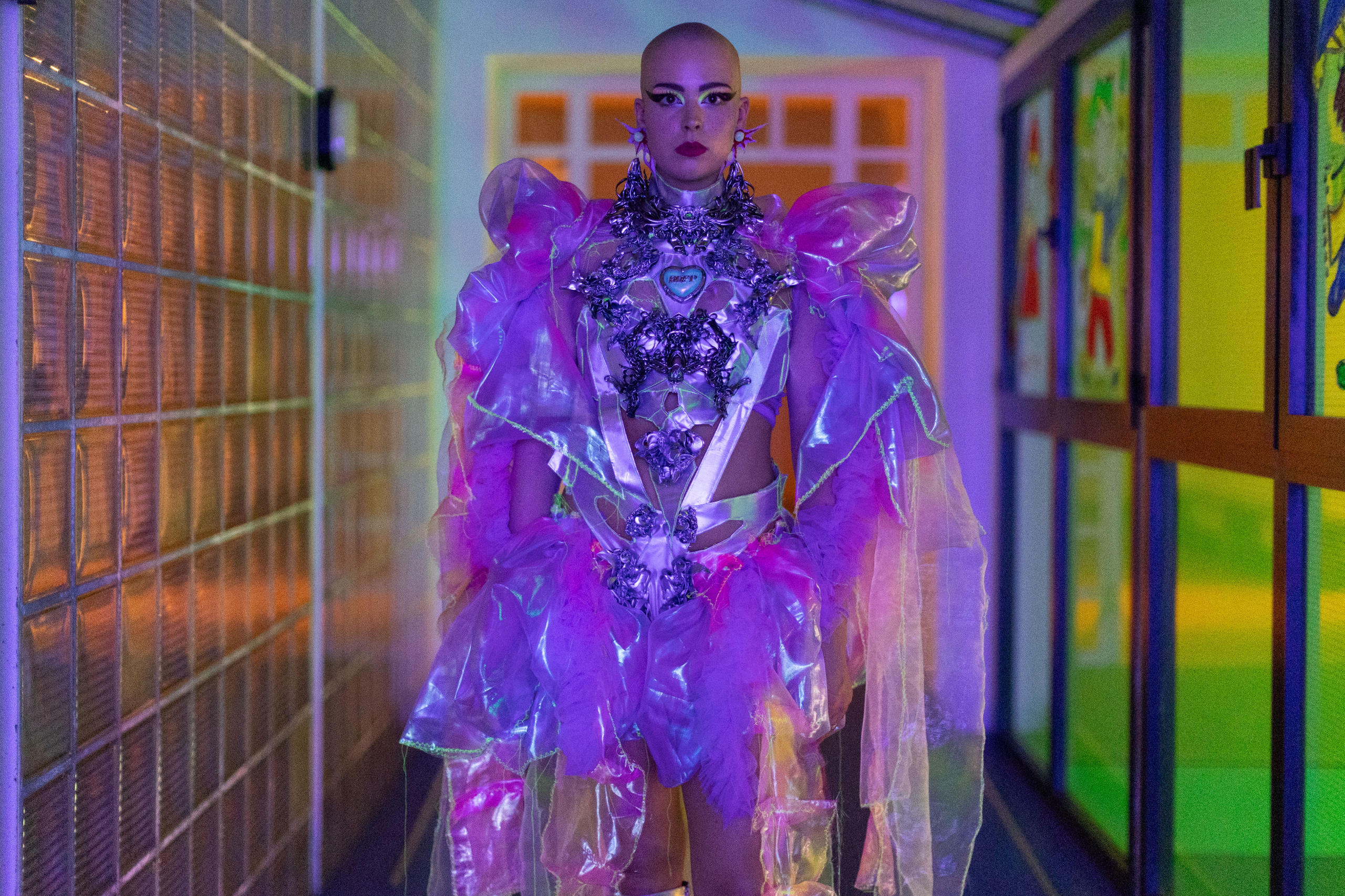
Turkish film critic Öykü Sofuoğlu relates her experience of “A Long Night of Dreaming about The Future of Intelligence”, a special event of talks, workshops and performances on emerging forms of intelligence at the 76th Locarno Film Festival.
I’m writing these words in the poorly illuminated lobby of Locarno Film Festival’s (un)official haven for film critics. It’s 6am and my sleep-deprived eyes have a hard time adjusting to the harshly glowing computer screen. I can’t help but think how in French the words “early” (de bonne heure) and “happiness” (bonheur) have similar pronunciations – a semantic affinity that reflects my current inner state of being.
On Wednesday evening, I joined a group of festival pilgrims at the BaseCamp premises, which served as a space for Locarno-related artistic workshops. As the sun went down, big red cushions were spread all over the garden, adorned with Swiss brands.
Lilac lights glimmered through the arches and people (as well as mosquitos) slowly took their places.
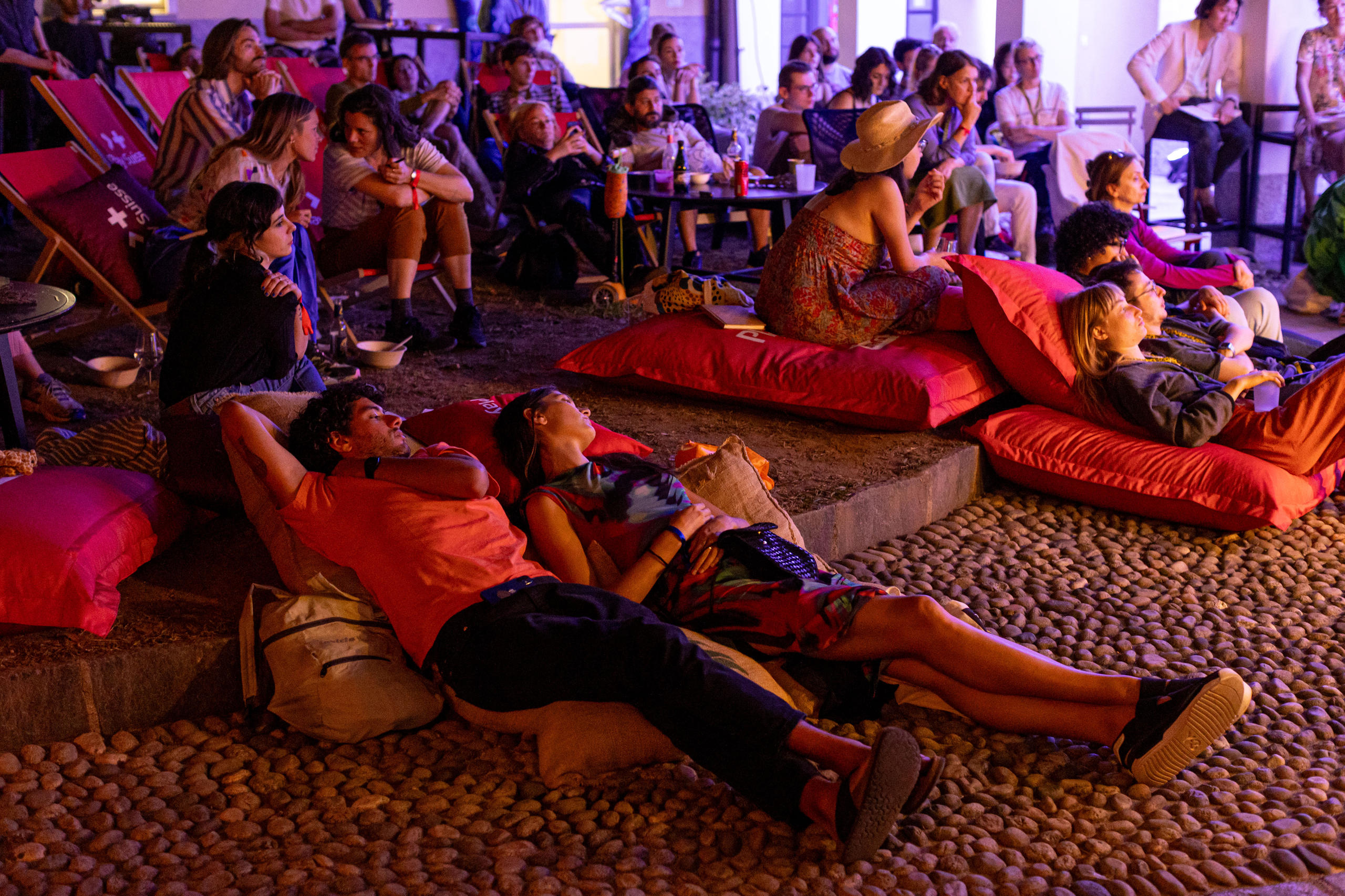
Starting point: sunset
At 8.44pm, when the sun finally said goodbye, Rafael Dernbach, curator of “A Long Night of Dreaming about The Future of Intelligence”External link, took the makeshift stage and welcomed us to the various realms of embodied experiences — sleeping, sleepwalking, dreaming, lucid dreaming or waking up.
In his speech, Dernbach described how our image of intelligence has evolved into a feverish dream set against a backdrop of ecological crisis, and the political and labour-related dynamics behind the fast-paced evolution of artificial intelligence.
It was time to dive into collective dreaming, at the risk of stumbling across hallucinations or nightmares. While every form of intelligence, whether emotional, technological or cinematic was open for discussion throughout the night, artificial intelligence was like a magnet, drawing each discussion towards it.
Devika Girish, co-deputy editor of the Film Comment Magazine and the host for the first half of the night, introduced Shane Dawson, associate Professor of Film & Media Studies at Stanford University, who gave a lecture on current media transitions and what he calls “post-cinematic media”.
His lecture was structured around the polarising aspects of AI, and questioned whether the technology would “radically expand the powers of intelligence or displace and eclipse the powers of reason”. Listening to him, I couldn’t help thinking about how every lecture about AI had a part where the speaker would declare: “Actually this part was written by an AI text generator” and reaffirm how the boundaries between human and machine intelligibility are not as strict as before.
Denson did the same. But instead of proposing a catastrophic interpretation, he described the phenomenon as a call for ‘unintelligibility’. Noise, glitches, and the unexpected errors that some AI or algorithm-based artworks employ in their works would, he said, challenge and resist easy and uncomplicated intelligibility.
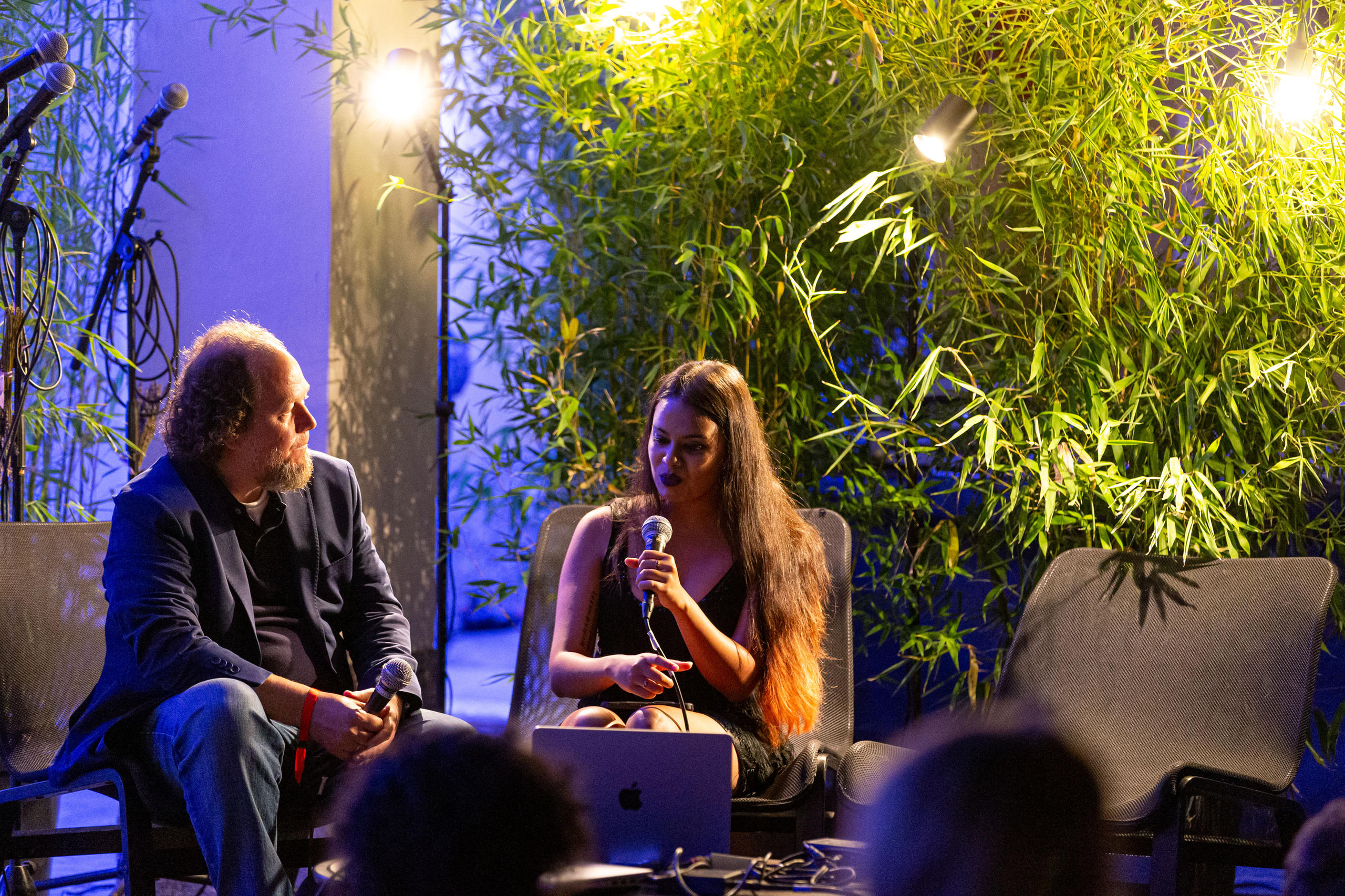
Emotional intelligence
In the second presentation of the night, artist-researcher and filmmaker Gala Hernández López took the discussion to a more emotional level. Focusing on the tendency to anthropomorphise machine intelligence, López gave multiple examples of cases where humans (mostly men) aspired to create emotional, romantic and even erotic connections with machines.
From the infamous chatbot Replika, which can “talk dirty” to users, to ELIZA, one of the earliest chatbots that can imitate the way a psychotherapist would respond to their patient, Hernandez Lopez’s presentation highlighted the gendered codes present in the digital language of love.
Following her speech, Kevin B. Lee, a filmmaker and video-essayist who is also Professor of the Future of the Cinema and Audiovisual Art at Università della Svizzera italiana, and Andrea E. Rizzoli, director of the Swiss AI Lab IDSIA, discussed the historical evolution of AI, its limits and impact on the way we evaluate artistic expression.
Continuing Denson’s line of thought, Lee described how glitches can be considered an opportunity to critically perceive and diagnose how algorithms may or may not be working. Rizzoli, on the other hand, stressed that the datasets people use to train machines are getting more high quality and structured but it’s not possible to know how biased or polarised they are.
The other side of midnight
The talks finished well after midnight and the spirits of the night were finally awake. The artist SOFF, who took over as the second host, presented the many sensory experiences awaiting us with her otherworldly, yet calming voice.
In the corner of the backyard stood a large table of various sauces, condiments, seasonings and vegetables. Researchers Andreas Bütler and Fabian Fey offered us a “build your own focaccia” experience – chance encounters and unexpected connections not only between different types of food but also between people. The focaccias had found their way into our bellies, but along with them, sleep somehow managed to take over. Sprawled on the damp cushions, I fell into a restless sleep, awakening every five minutes to different voices, images and sensations.
Was Thomas Meinecke’s sound art piece, which recited Adorno’s “Traumprotokolle”, a hallucination? “My effort in gazing, and my scepticism while dreaming, made me wake up,” wrote Adorno. And I did the same, over and over.
At 5.30am, as the sun was about to rise, interdisciplinary designer Laura Papke turned our heartbeats into music through her embodied sound performance.
Observing my post-pulmonary embolism-afflicted, tachycardia-stricken heart blinking determinedly on the monitor truly felt like a once-in-a-lifetime experience. My body was still alive and was steadfastly singing its own song. Amidst the rhythms, I heard it complaining about exhaustion and a lack of sleep.
Rafael Dernbach roused me from this inner dialogue with a bouquet of lavender, a gift for those who had managed to journey through the night of dreams. Carrying the aromatic fragrance through the streets of Locarno, I pondered what a peculiar idea it was to begin a new day with lavender, given that it is a plant associated with sleep.
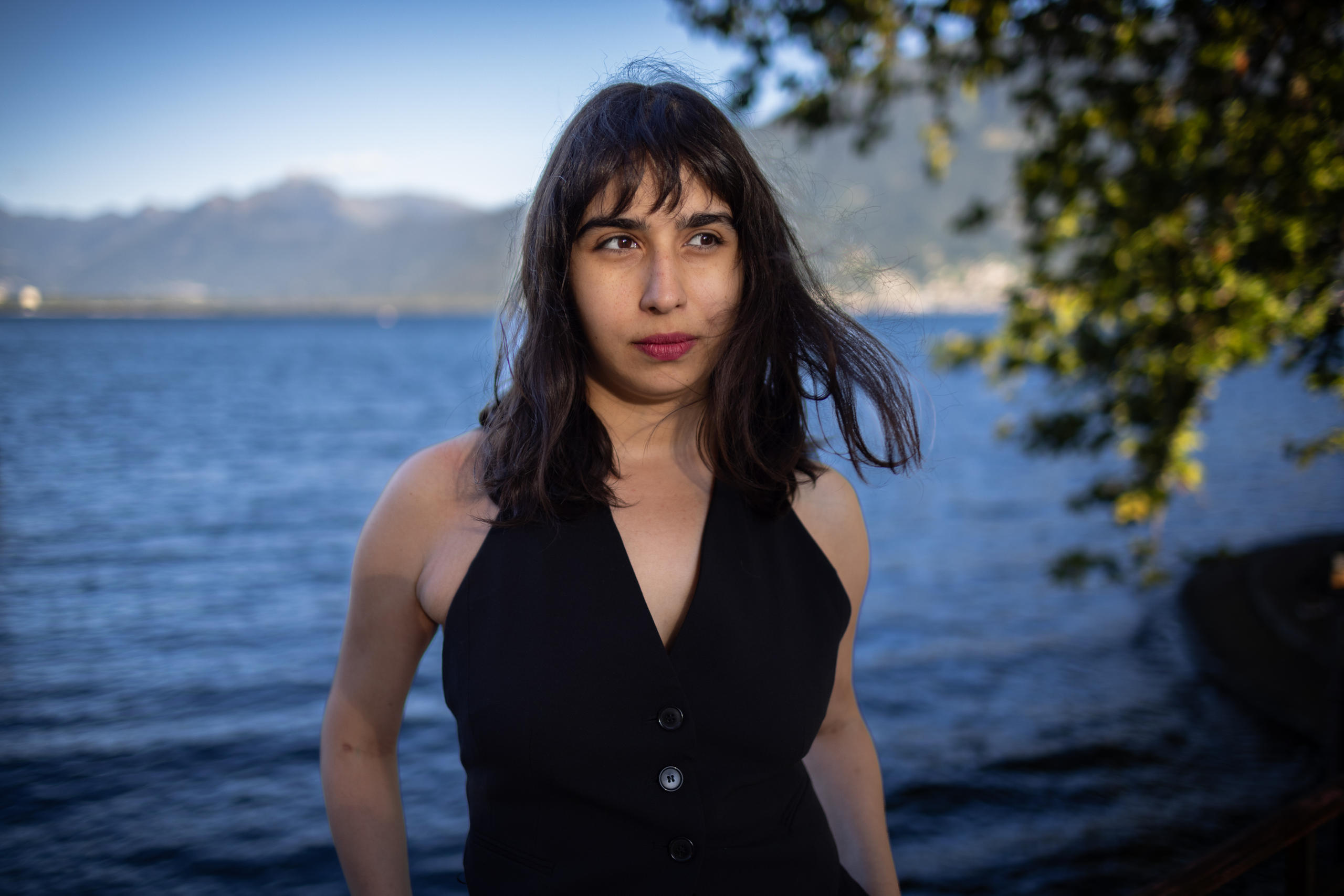
Öykü Sofuoğlu is a freelance Turkish film critic and translator based in Paris. She occasionally writes for Altyazi Monthly Cinema Magazine, Sorociné, MUBI Notebook, Kortfilm.be and Talking Shorts.

In compliance with the JTI standards
More: SWI swissinfo.ch certified by the Journalism Trust Initiative








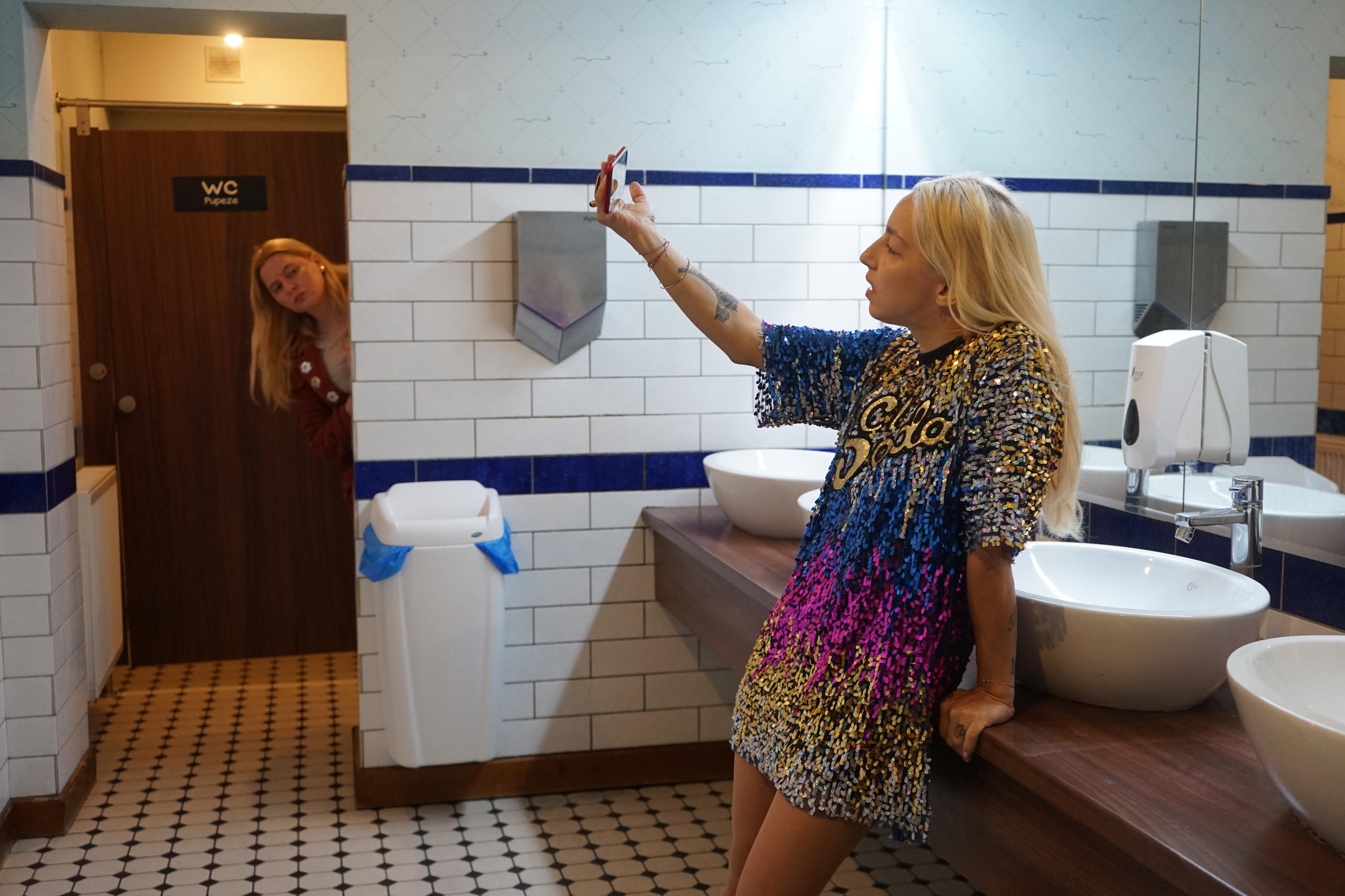
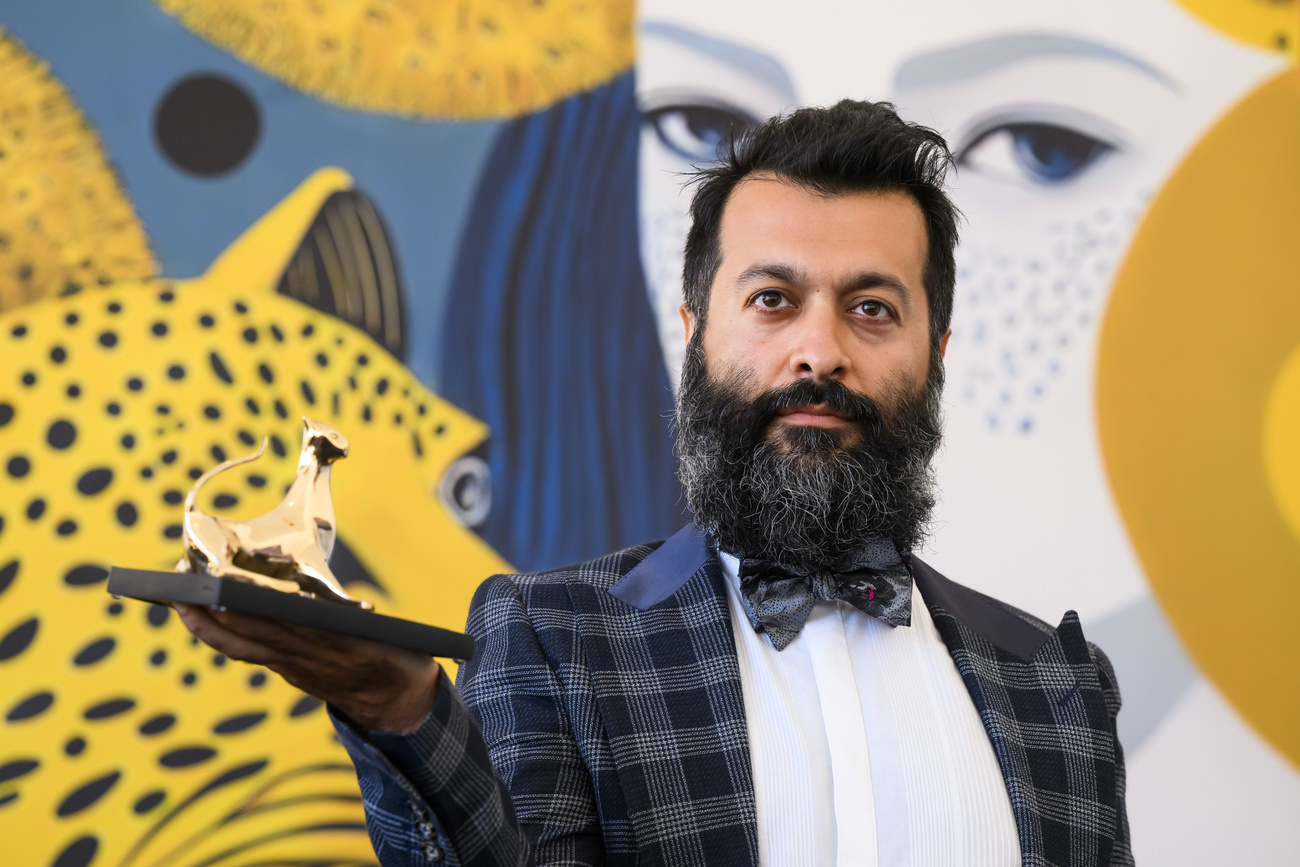
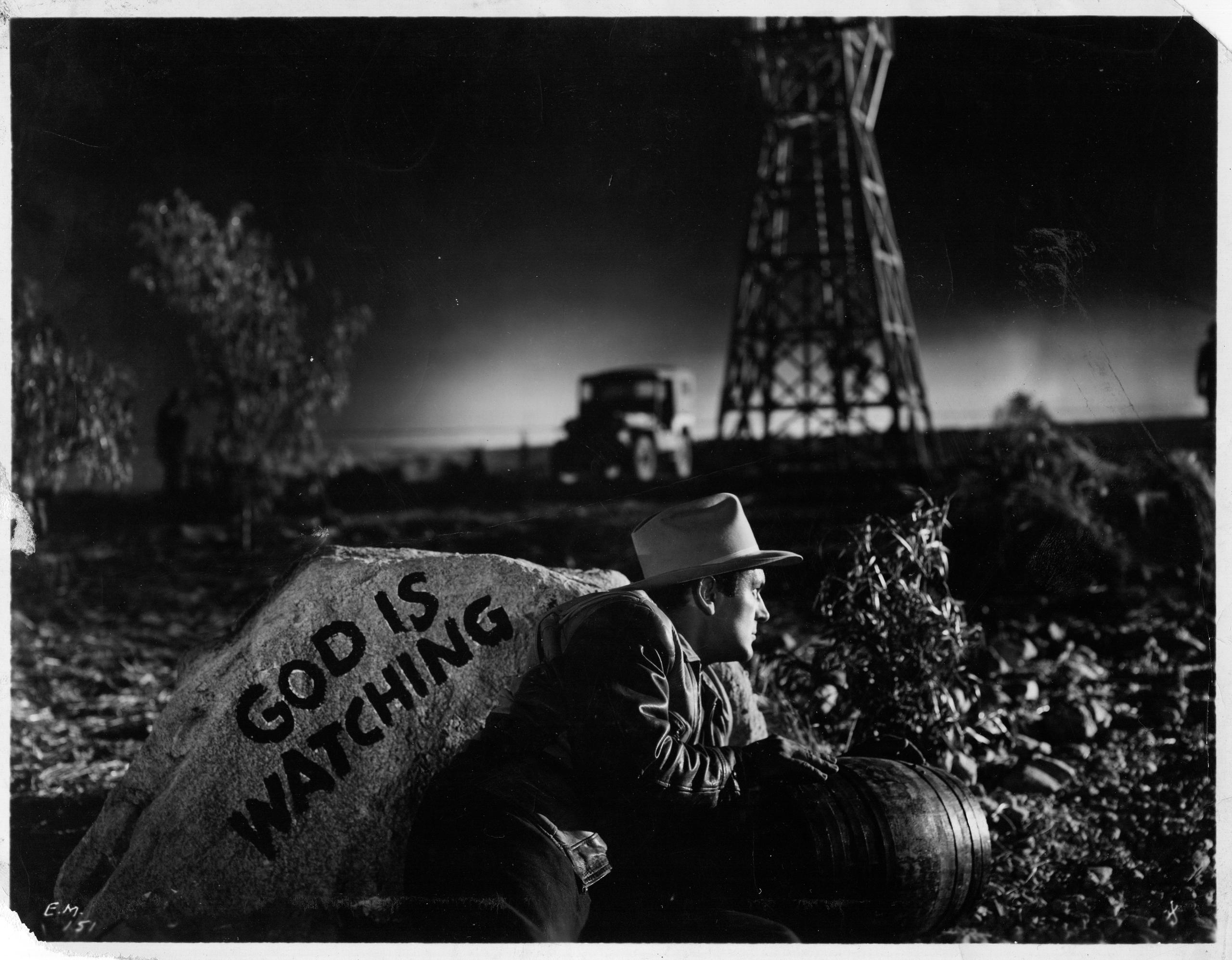
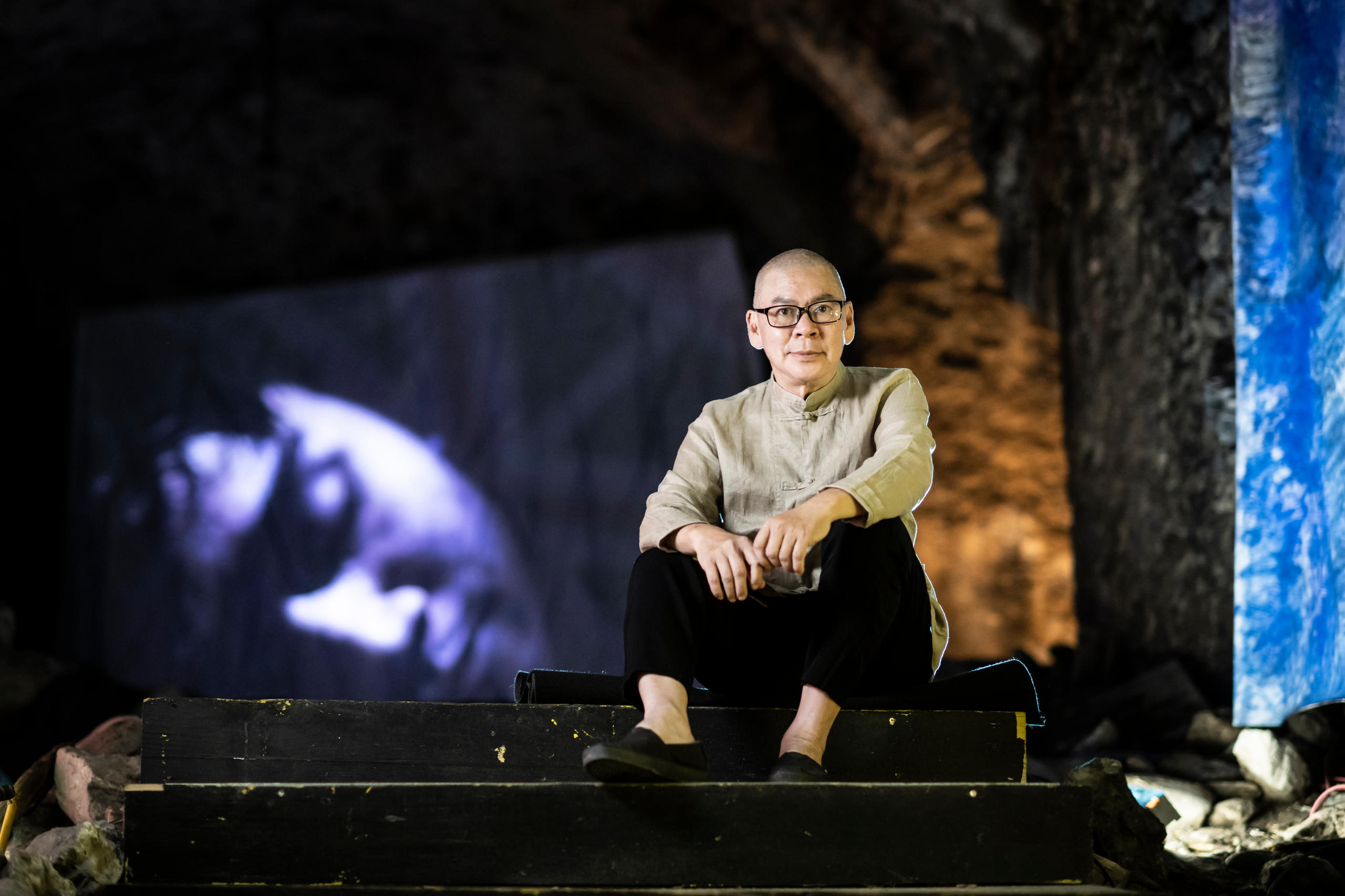
You can find an overview of ongoing debates with our journalists here . Please join us!
If you want to start a conversation about a topic raised in this article or want to report factual errors, email us at english@swissinfo.ch.